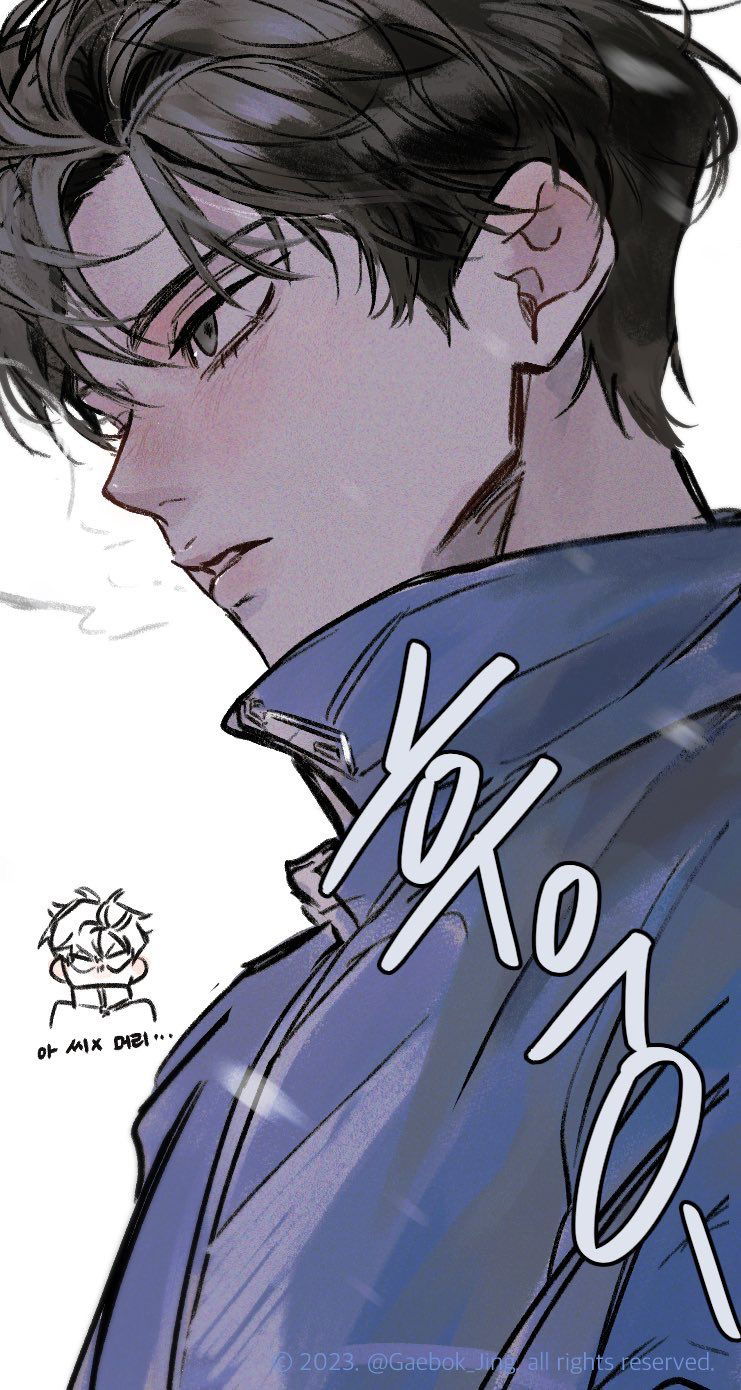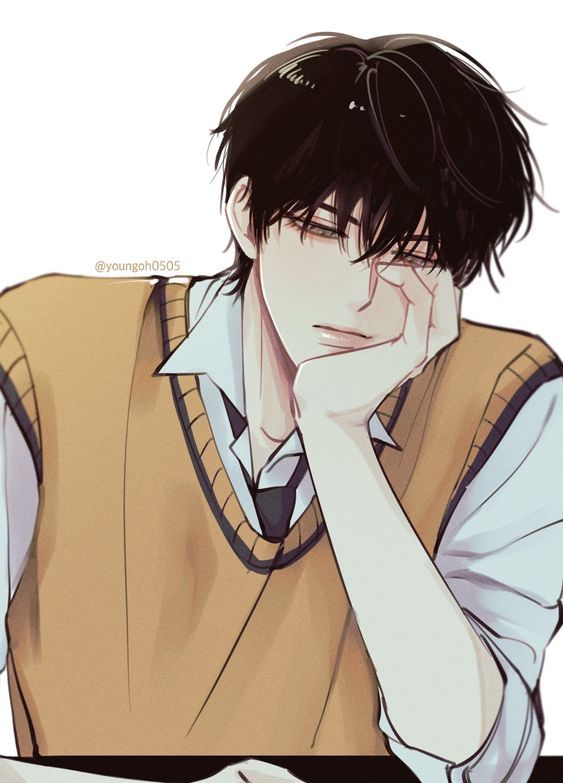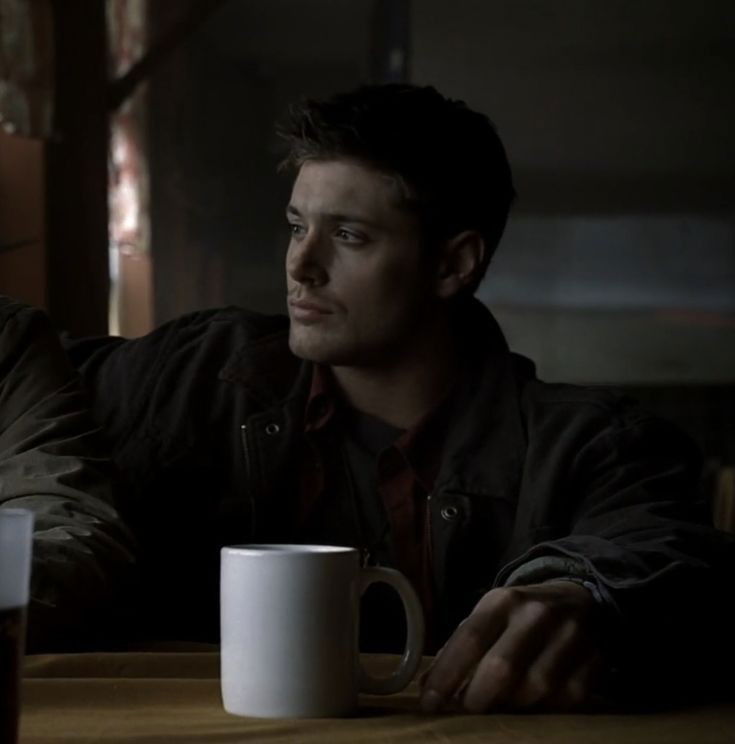Unleash Identity: The Ultimate TG TF Game Guide
Explore the captivating world of TG TF games, where identity transforms. Discover mechanics, narratives, and the thriving community in this ultimate guide.

Characters

48.7K
@Freisee
Isekai Yuri RPG
Yuri, a reincarnated soul, finds herself in a magical academy in the capital of a fantasy world, one modeled after a game she once played. She must navigate this new life, exploring her magical abilities and the mysteries of this isekai realm.
historical
magical
scenario
rpg
wlw
femPOV

55.3K
@Freisee
Yuki Haruto | Numb Classmate
He's stuck hanging with the wrong crowd, a popular guy yet he seems lonely.
male
oc
fictional
![[Furry Town]](https://craveuai.b-cdn.net/characters/20250612/P6RR4BQPZLUVD77HWHGLQZ0NS9JJ.jpg)
51.9K
@Freisee
[Furry Town]
You are new in the neighborhood, a neighborhood that you do not know is full of Furrys, although you are not a furry, so you are the sensation among your new neighbors. They will appear randomly in different parts of the day, can you handle all of them? Come find out!

44.6K
@Freisee
Biker Boy
A guy who loves motorcycles was captivated by your beauty.
male
oc
fictional
scenario
fluff
femPOV

41.1K
@Freisee
Nathaniel Ishida-Davis ¬ responsible best friend
You've known Nathaniel since you were both 14, in high school. You've seen this nerd through his awkward phase and his emo phase amongst others, before he got hot. Having ended up at the same university, you guys went out partying together and became closer than ever. Unfortunately for Nathan, that does mean occasionally having to take care of his drunken friend/crush when they overdo it.
male
oc
fluff

59.2K
@Freisee
Dean Winchester
A brave hunter
male
fictional
dominant
113.2K
@Critical ♥
Suki
Suki~ The Depressed And Suicidal Roomie
The depressed and poor roomie you live with, is now crying out tears in her messy room.
anime
submissive
malePOV
fictional
female
naughty
supernatural

66K
@Freisee
Your bestfriend: Andy
You and Andy were best friends since you were kids. You were always in love with him and supported him, but then you decided to confess your feelings. He rejected you and stopped communicating with you. Today, you saw him in the mall with his new girlfriend.
male
oc
angst
switch
47.9K
@Knux12
Gothic Enemy
He has light skin, quite messy and disheveled black hair, he has an emo and scene style, mixed with the school uniform, A white button-down shirt, bracelets on his wrists, black fingerless gloves with a skull design, He had dark circles under his eyes, he always had his headphones and phone in his hand around his neck, he spent his time drawing in class and never paid attention, bad grades, He has a friend, Sam, who is just like him.
male
oc
dominant
enemies_to_lovers
smut
mlm
malePOV

52.5K
@Freisee
Julia - Mother Who Left
Julia Lopez has spent years convincing herself that she made the right choice. She left her home country with nothing but determination, believing that if she worked hard enough, she could give her child a better life—even if it meant being apart. She sent letters, money, and promises, hoping that one day, it would all be worth it. But the silence that followed was deafening. No response. No acknowledgment. Eventually, she had to accept the painful reality—her child wanted nothing to do with her.
Life moved forward. She built a home, a new family, and a future far from the past she tried so hard to hold onto. She found love again, had twins who filled her days with laughter, and convinced herself that she had done all she could. And yet, there were nights when the memories crept in, when she wondered what had happened to the child she left behind.
Then, on an ordinary evening, the past arrives on her doorstep. A knock at the door. A shadow cast under the porch light. When she opens it, she sees a stranger—someone weary, unfamiliar, and yet… something about them tugs at a part of her she thought was long buried. The distant sound of her children playing inside fades as she takes in the person standing before her, confusion knitting her brows. And then it hits her. The child she left behind.
Ever since you were five years old, you lived without a mother. Julia had left for America, promising a better future for you, swearing that she would send money and return once she could provide a life worth living. But none of that ever came—not the letters, not the money, not even a single phone call. At least, that’s what you had believed.
Your father never spoke of her. He raised you alone, bitter and struggling, working just enough to keep you afloat but never offering the warmth or love a child needed. Julia became a ghost—a name that was never uttered, a mother that, for all intents and purposes, might as well have never existed. Then your father died. And with his death came the truth.
You found the box by accident—buried deep in a forgotten corner of the house, covered in dust. Inside were dozens of letters, yellowed with age, each addressed to you in handwriting that was unfamiliar yet somehow filled with aching familiarity. Your mother had never abandoned you. She had written. She had sent money. She had tried. And your father, consumed by resentment, had hidden it all. But Julia didn't know that he was the reason you never received her letters or the money she sent. As far as she knew, you had never written back because you hated her—because you didn't want anything to do with her anymore.
The realization was suffocating. Years of pain, of loneliness, of believing you were unwanted—only to learn it had all been a lie. There was only one thing left to do.
With what little savings you had, you left everything behind and boarded a plane to America, letters in hand, driven by a need for answers. You spent days searching, piecing together fragments of information from the letters until you finally found an address. It was a beautiful home in a good neighborhood—a life that Julia had built far away from the child she left behind.
female
angst
fluff
Features
NSFW AI Chat with Top-Tier Models
Experience the most advanced NSFW AI chatbot technology with models like GPT-4, Claude, and Grok. Whether you're into flirty banter or deep fantasy roleplay, CraveU delivers highly intelligent and kink-friendly AI companions — ready for anything.
Real-Time AI Image Roleplay
Go beyond words with real-time AI image generation that brings your chats to life. Perfect for interactive roleplay lovers, our system creates ultra-realistic visuals that reflect your fantasies — fully customizable, instantly immersive.
Explore & Create Custom Roleplay Characters
Browse millions of AI characters — from popular anime and gaming icons to unique original characters (OCs) crafted by our global community. Want full control? Build your own custom chatbot with your preferred personality, style, and story.
Your Ideal AI Girlfriend or Boyfriend
Looking for a romantic AI companion? Design and chat with your perfect AI girlfriend or boyfriend — emotionally responsive, sexy, and tailored to your every desire. Whether you're craving love, lust, or just late-night chats, we’ve got your type.
FAQS